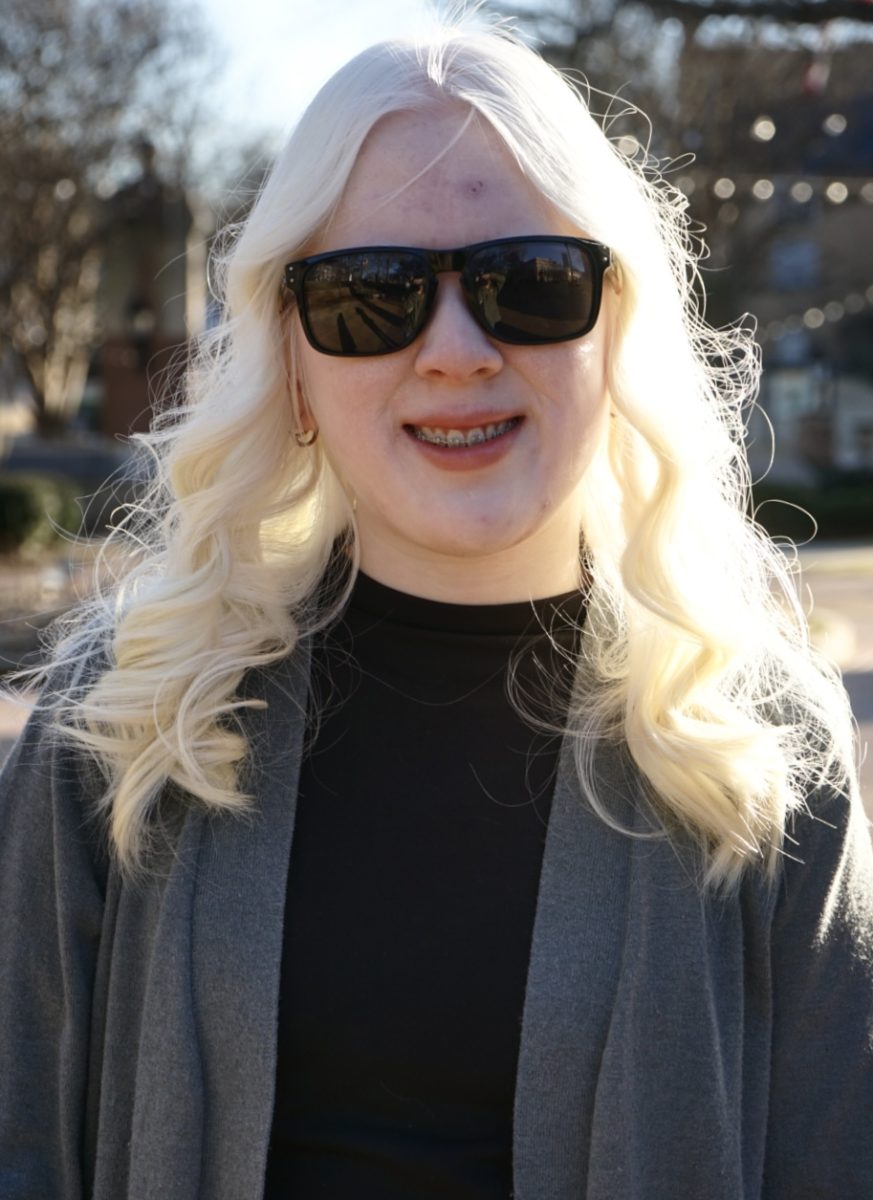I do not find in myself an atom who believes in Hobbes’ State of Nature as humanity’s natural state of individuality, war and chaos; however, Lord Byron’s persona – and its translation into his writing – makes me question whether some of us aren’t inherently evil.
The Romantic author was a shallow, wealthy womanizer, the character I assume most men aspire to be; not the wealthy womanizer, but its good-looking masquerading painting, the bon vivant. The facade is the reputation, which vanishes with the good eye catching his true intentions in between his lines.
In “She Walks in Beauty,” Byron contemplates the perfect balance of a woman the muse is rumored to have been his cousin. Still, while describing the best parts of her, I learn much more about him than her when the portrayal is external.
The idealization of women portrayed by Lord Byron is shallow because it is an idealization. He describes the subject of his writing as a perfect balance between all physical and psychological aspects that are commonly pointed out in women: her looks, social manners, tone, education, experience, etc.
By attributing such perfect characteristics to the woman, Byron seems to erase her. That is, to project a divine ideal on her, one who does not commit mistakes and was born for greatness. A woman – a person – like that does not exist. Perhaps, to Byron’s eyes she does, however, he still cannot see, or ignores, the woman in its entirety; if she is only perfection, he does not actually know her.
Little does Byron know the woman may only smile for looks, then loudly laugh when something is actually worth it, both actions and their means break his ideal. For Byron, she must smile softly as a lady would, but never smile too much. The claim of a perfect balance, a model, an idol, is dehumanizing; it is minimizing and restricting. It is “The Angel in the House” by Coventry Patmore, a term originated from the author’s poem describing his wife as the perfect Victorian wife, quiet, submissive, good-looking. Even though both Byron and Patmore disagree on the ideal of perfection – one praising eloquence and the other submission – their ways lead to the same meaning: to project their own ideals on who a woman is or should be.
The shallowness is present when the depth of the woman is not studied or acknowledged. Women have been falsely praised and judged, misunderstood and neglected throughout history. For example, a wave of people praised Marylin Monroe for being the 1950s Angel in the House, both in looks, talent, and personality. Years later we find out she suffered from substance abuse and depression, being the Angel in the Screen a show. A man such as Byron would look down on Monroe for her dishonesty, her facade; a man such as Byron would also look down on Amy Winehouse for being open about hers.
The poem only proves a woman will only be valued if she is perfect, and, in order to be perfect, she must be everything and nothing at the same time, honest about the words men want to hear, eloquent until the subject interferes with taboo, and beautiful until someone does not like the color of her hair.









